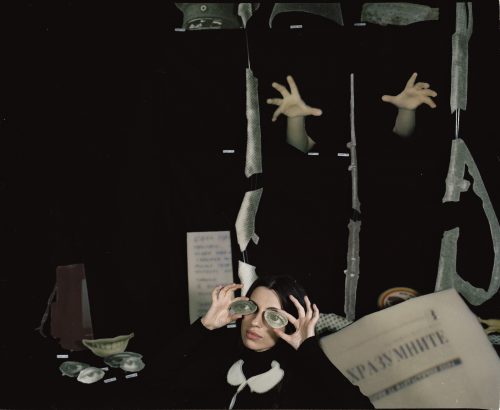
Tomomi Yamakawa
long life
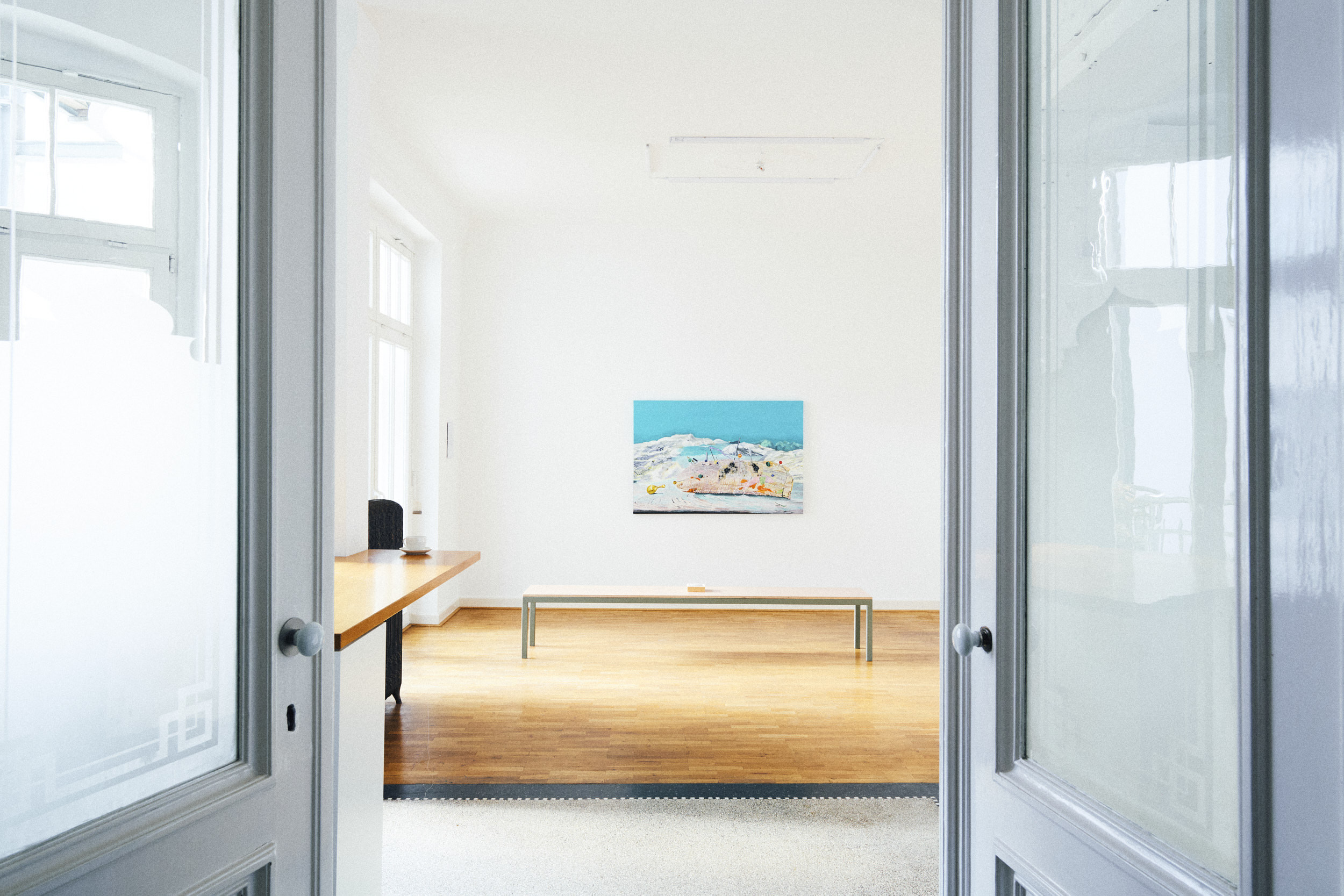
Advertisement
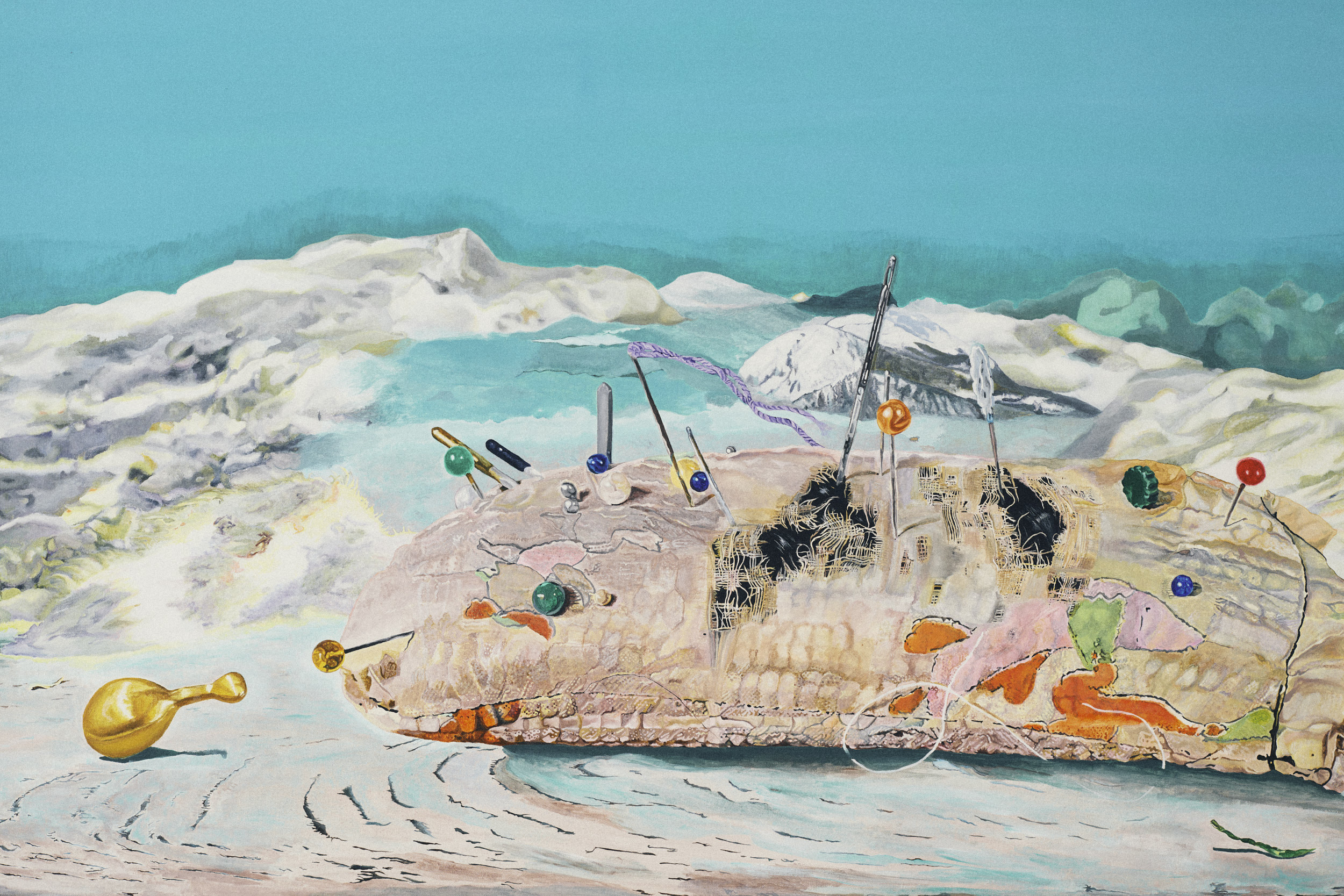
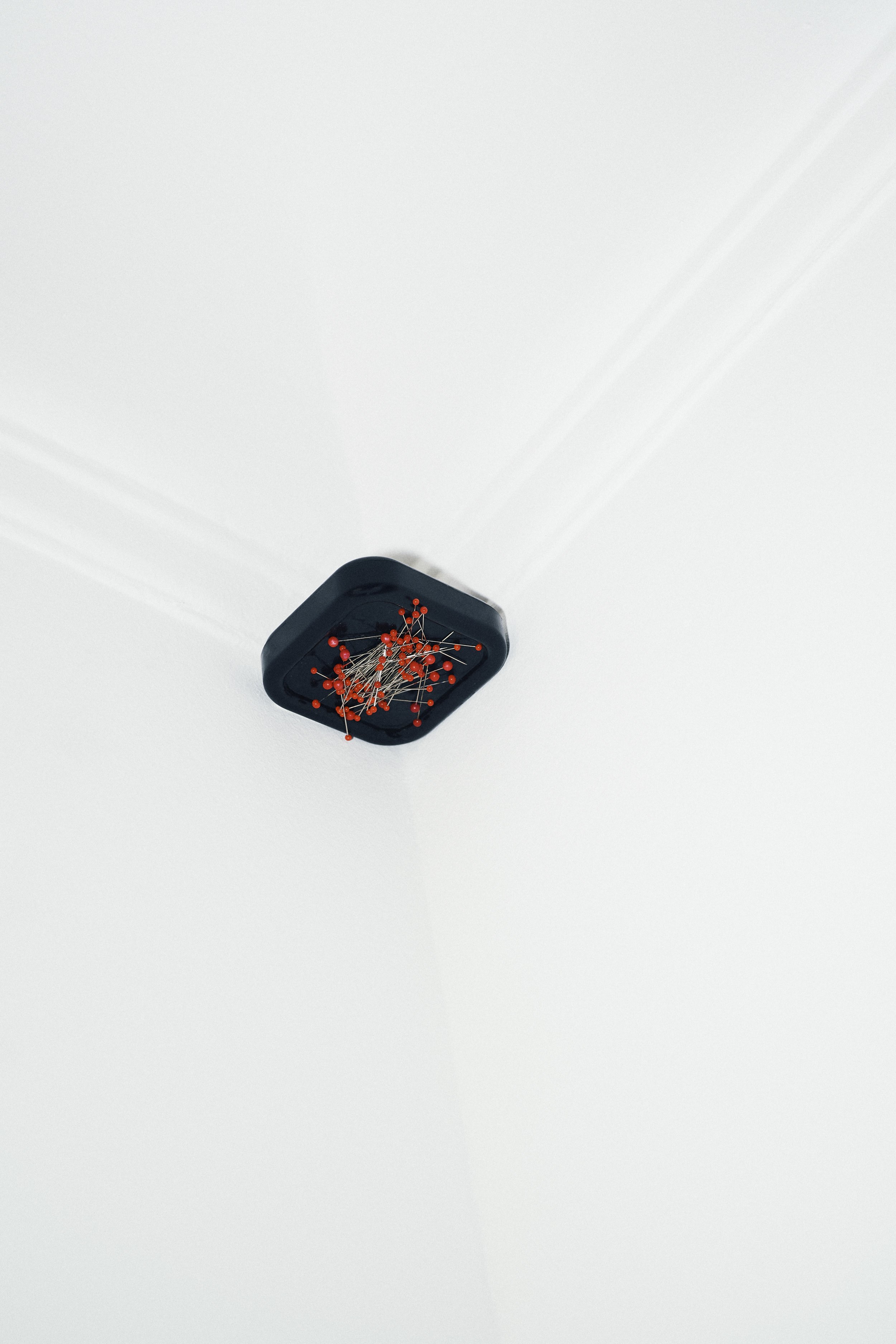
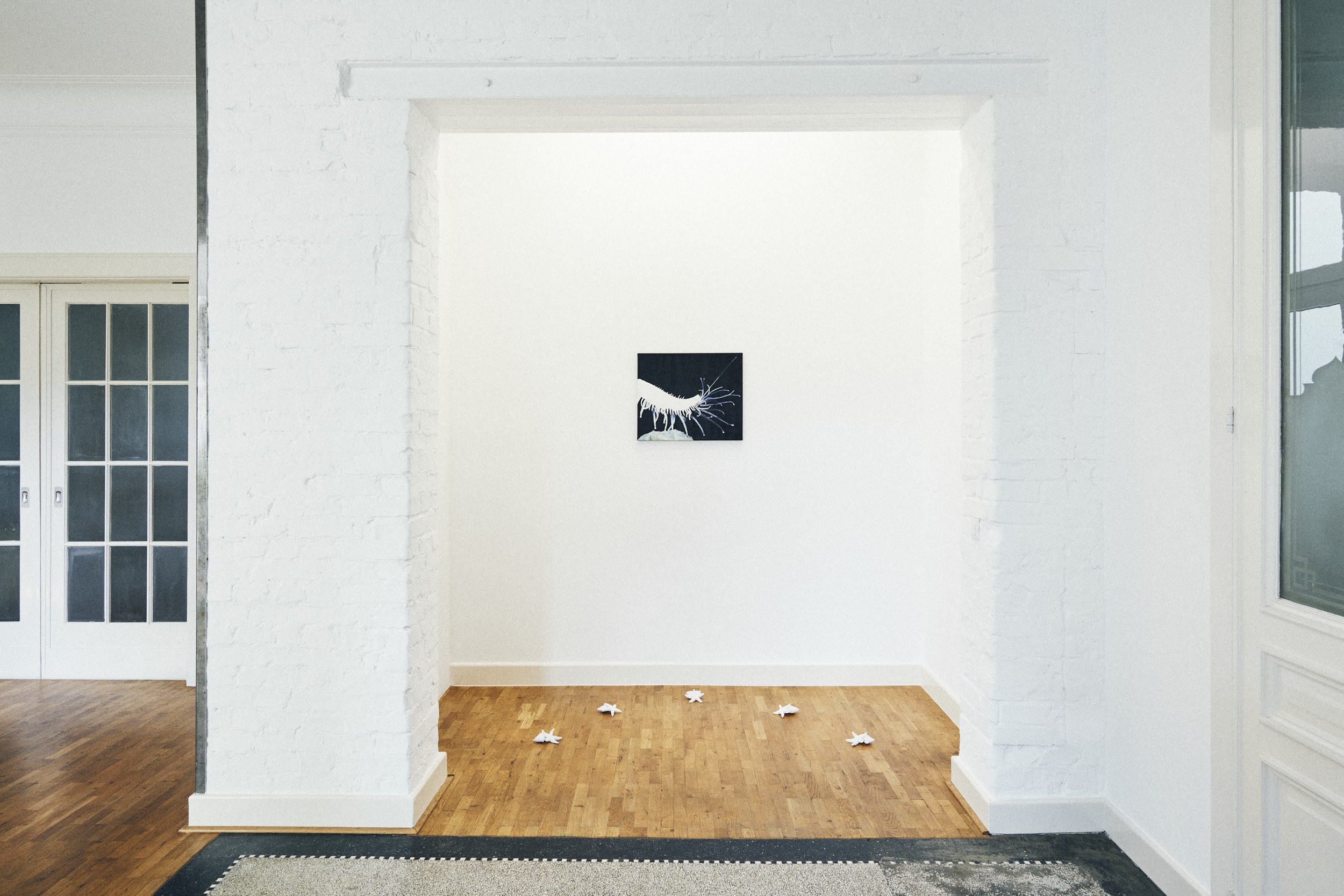
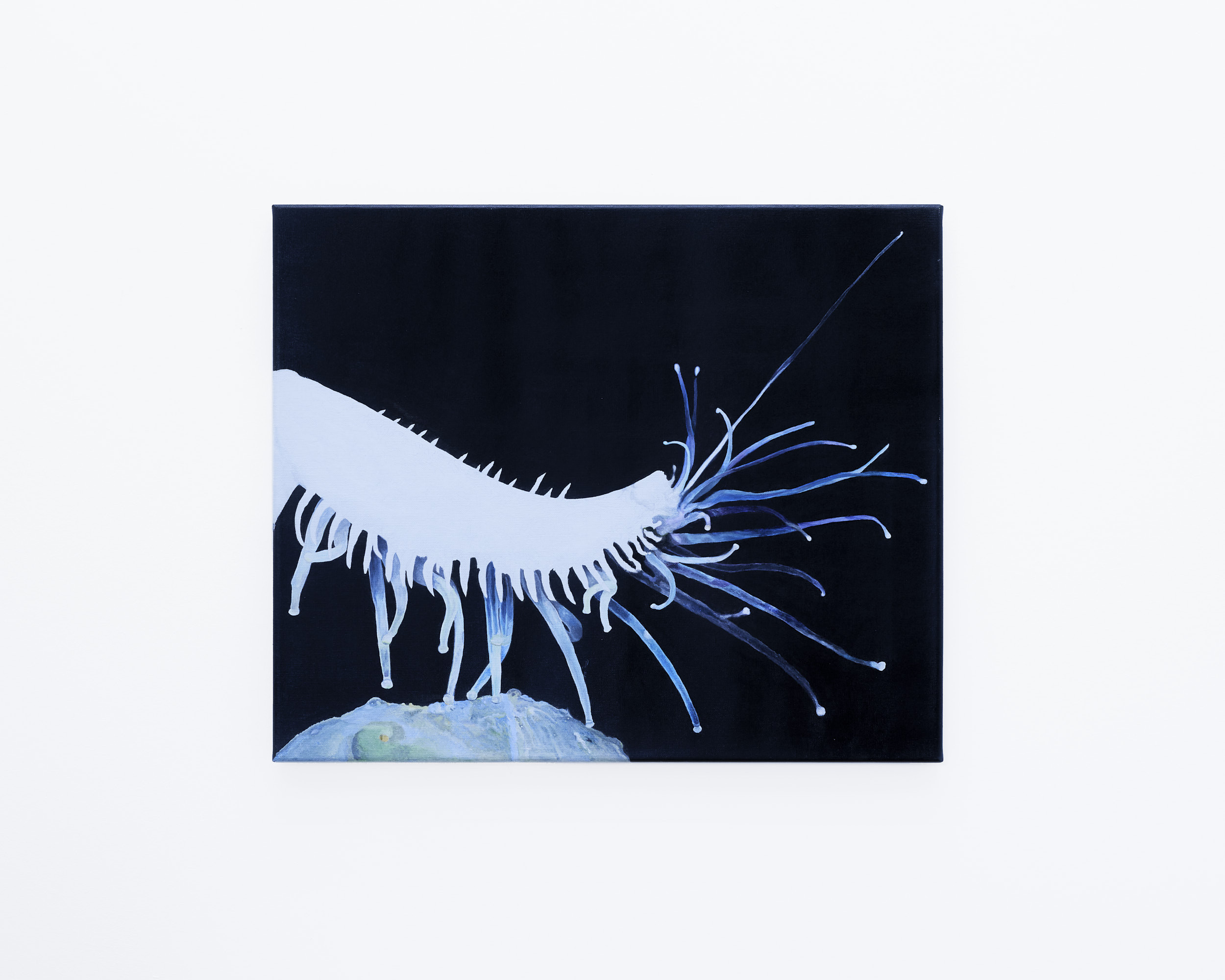
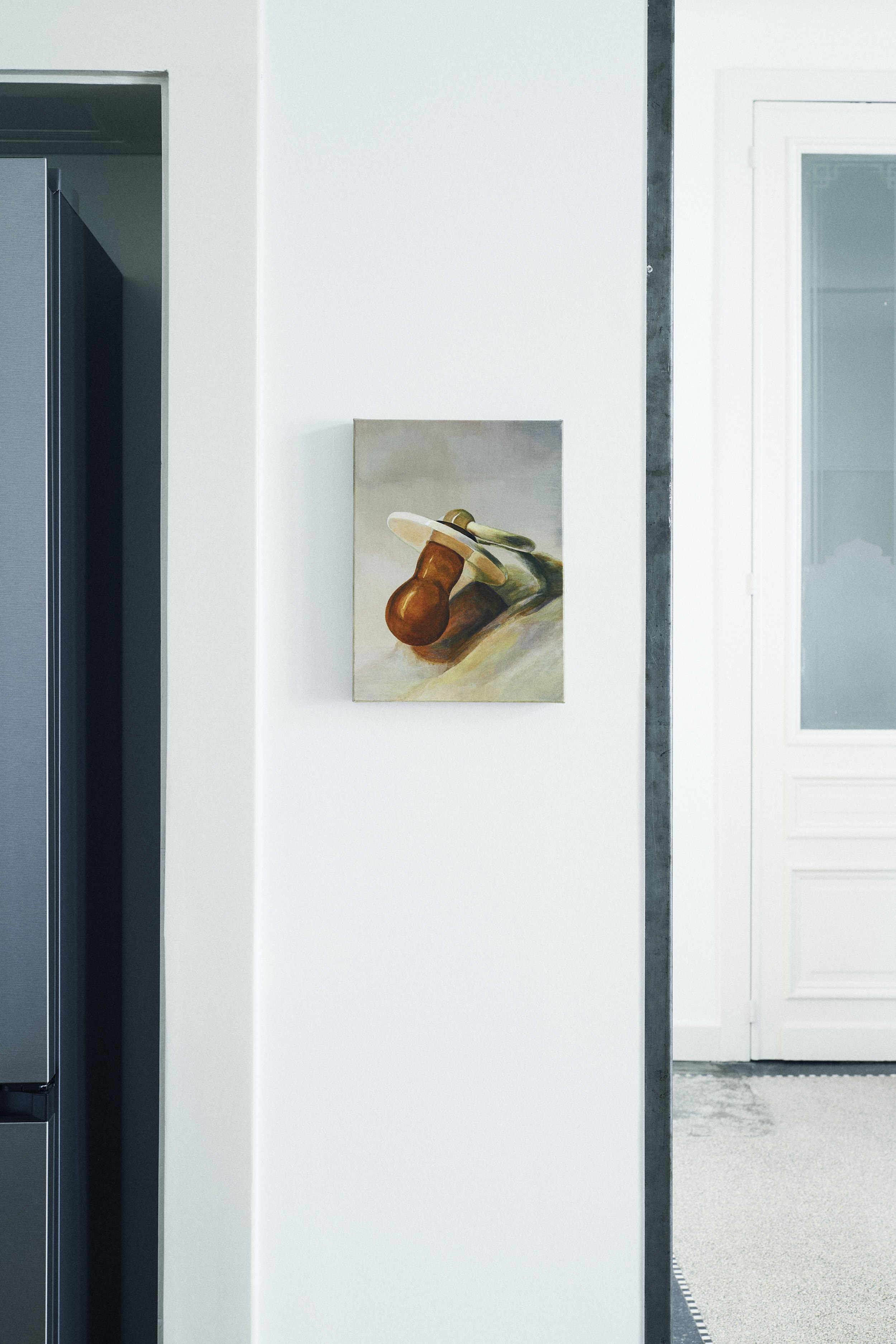
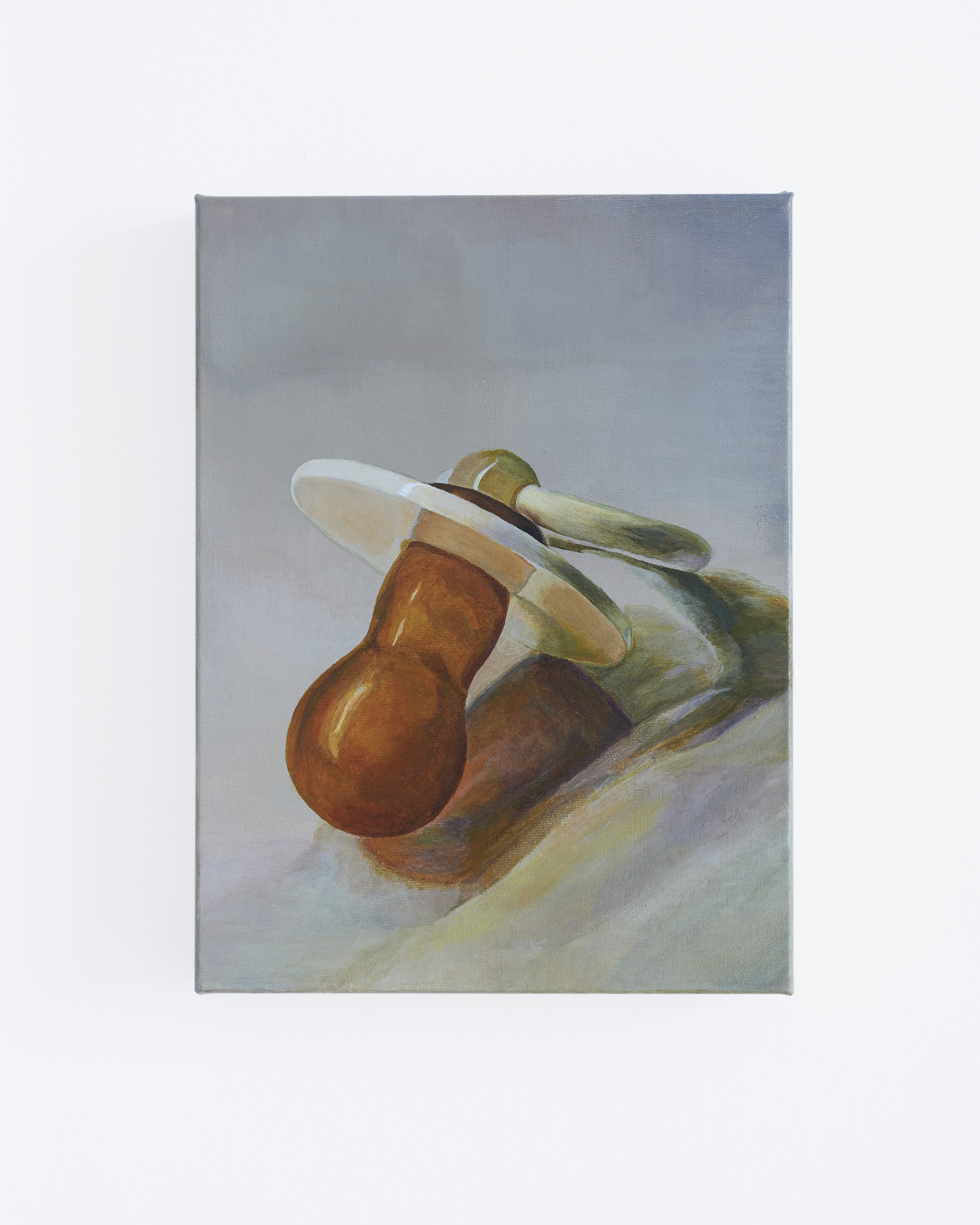
In Tomomi Yamakawa's solo exhibition long life, living nature meets everyday objects. Just like creatures crawling along the seabed or on the ground may appear to us as a fascination, Yamakawa shows us beauty and existential moments in design.
Long life – an optimistic aphorism in the context of the exhibition, considering that a snail and the living beings we encounter here only live a few years. Yamakawa's exhibition title draws from her interest in the objects that surround us and how we interact with them. Thus, it refers to the term long life design and thus to a design which will last for long time, or in other words, a universal design that will not be affected by trends.
In Yamakawa’s works, which range from videos to paintings and are complimented by small but effective interventions in the exhibition-space, she draws our attention to everyday objects that otherwise rarely get our attention. Contrary to their mere functionality and materiality, the stories they (can) tell are in the spotlight.
In Anti-aging capsule and the grandmother's pincushion (2022), Yamakawa transforms a pincushion into a reptilian creature or prehistoric monster that finds itself confronted with a golden anti-aging capsule, like a treasure from another world. The inspiration for this metamorphosis draws from a personal experience of the artist: While visiting her family in Japan, she finds her grandmother's handmade pincushion: "What...is this? I picked it up and turned it over. That moment was almost like a horror. I could see the inside of the pincushion from the ripped surface. The inside was full of black hair. I put the weird creature back on the desk immediately" (Tomomi Yamakawa, 2022). In contrast to the handmade pincushion, which bears the grandmother's personal imprint through regular use and which expediently contains her collected hair, stands the commodity character of the anti-ageing capsule, in which the futuristic design overshadows the function – golden, untouched.
In Whiskey dummy (2022), another of the artist's acrylic-paintings, a baby’s dummy becomes the main protagonist. Through this, Yamakawa poses existential questions to us in a sensitive way by presenting an object that we are confronted with in the first years of our lives, yet without our conscious awareness.
In Yamakawa's video work WEST CLIFF (2021), hidden under the kitchen table at JVDW, a snail stretches fearlessly over a seemingly deep cliff, on its shell the label of a type of tea, which inadvertently transforms her into the advertising medium of a brand. Yamakawa does not remain in the two-dimensional surface: Originating from the screen, a thread leads upwards to a cup in which we find a tea bag – Now, it is teatime for the snail, time to calm down from the exciting exertions. Yamakawa’s interventions and additions to the exhibition-space testify to her poetic sense of harmony: Little starfish on the ground, a fragment of text, a torn piece of paper that she pins to the wall or pincushions in different shapes that we encounter throughout the space.
Amelie Gappa



